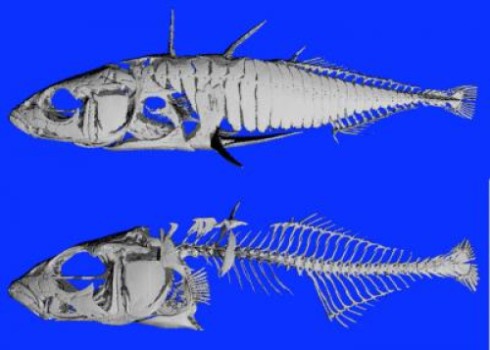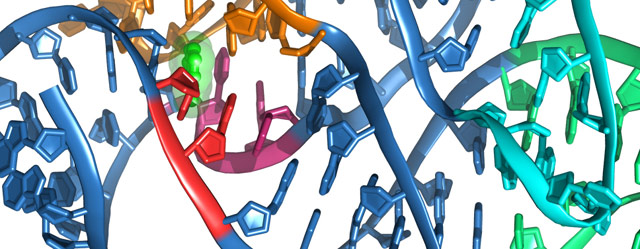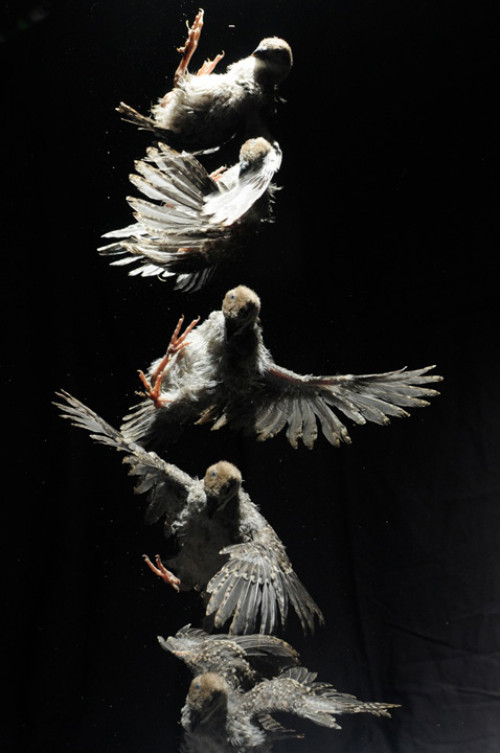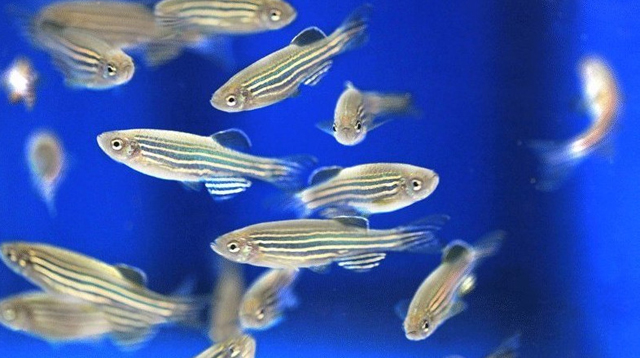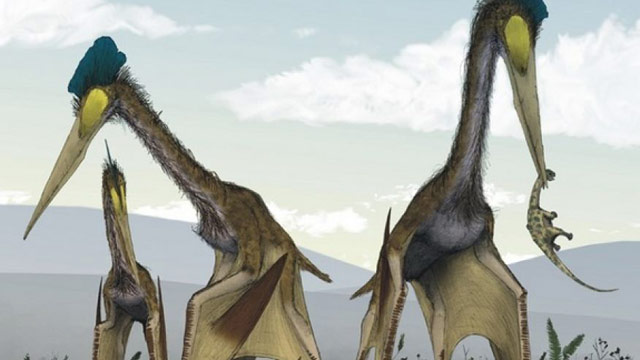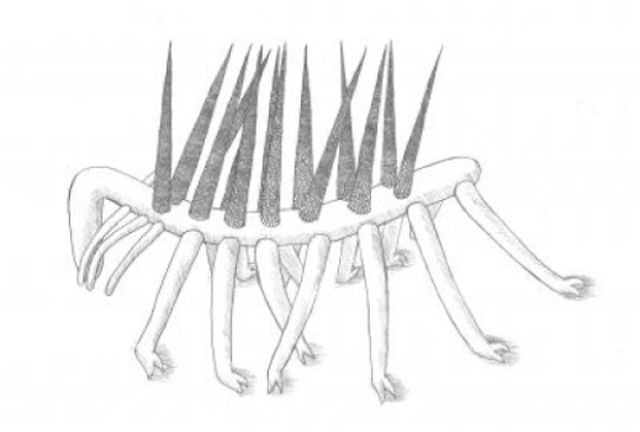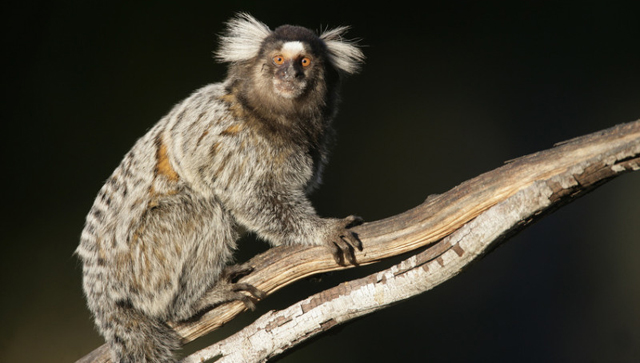Sticklebacks, the roaches of the fish world, are the ideal animal in which to study the genes that control body shape. They've moved from the ocean into tens of thousands of freshwater streams and lakes around the world, each time changing their skeleton to adapt to the new environment. Breeding studies between marine and freshwater…
Read more
Counting fish teeth reveals regulatory DNA changes behind rapid evolution, adaptation
